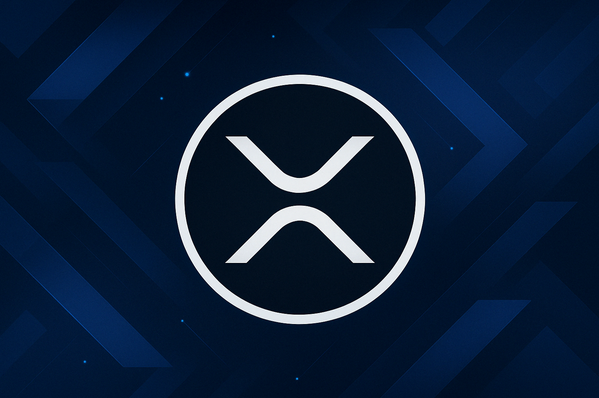TLDR
- SWIFT’s Tom Zschach dismisses Ripple’s lawsuit survival as true resilience.
-
Zschach stresses that trust and shared governance are key to financial stability.
-
Ripple’s legal challenges are seen by some as a sign of resilience in the crypto space.
-
SWIFT’s CIO emphasizes the importance of compliance and industry-wide standards.
Tom Zschach, Chief Innovation Officer at SWIFT, has publicly criticized Ripple, stating that surviving legal battles does not equate to true resilience. In a recent LinkedIn post, Zschach emphasized that trust and shared governance are the true pillars of financial stability, not merely enduring lawsuits.
Zschach’s comments come as Ripple continues to face legal challenges, particularly in the United States, where the SEC has labeled its native token XRP as a security. While Ripple has fought back, Zschach argues that such battles don’t demonstrate real resilience in the blockchain space. According to Zschach, resilience is about achieving widespread adoption and trust, not just surviving regulatory scrutiny.
Trust and Governance Over Technology in Financial Systems
In his post, Zschach pointed to the importance of trust in driving financial changes, claiming that while technology is crucial, it is ultimately trust that fosters long-term adoption.
He noted that every major shift in finance—from internet payments to blockchain technology—has been driven by a trust-based foundation rather than just technological advances.
The Chief Innovation Officer at SWIFT is now roasting $XRP againhttps://t.co/FU22VeAIFa pic.twitter.com/JC2bxvgdfu
— Spade (@SpadesHQ_) September 1, 2025
Zschach further emphasized that institutions prefer operating within frameworks that are built on shared governance, rather than relying on infrastructure controlled by a single company. This notion, according to Zschach, undermines Ripple’s model, as Ripple’s XRP network, despite being decentralized, still faces concerns over its perceived centralized control.
Compliance and Industry Standards: The Core of Financial Adoption
Zschach’s argument extends beyond blockchain technology itself. He insists that true compliance is not about getting regulatory approval for a single company, but about creating industry-wide standards that all institutions agree on.
This involves having enforceable legal frameworks, privacy protections, and a degree of decentralization that fosters broad-based institutional trust.
Zschach has also voiced concerns about public blockchains being “a fast engine with no cockpit” if they lack enforceability and legal protections. According to him, while public blockchains have demonstrated tremendous potential, they must be integrated into traditional financial systems in a way that ensures safety, compliance, and transparency.
Ripple Legal Struggles as a Measure of Resilience?
Despite Zschach’s criticism, some industry experts, including Osama E. from Sharkforce Consulting, argue that Ripple’s legal struggles represent a different form of resilience. Osama points to Ripple’s ability to continue growing, even as XRP faced legal scrutiny, suggesting that this adaptability in the face of adversity demonstrates the company’s readiness for institutional adoption.
Osama also praised Ripple for its consistent focus on compliance and its engagement with global regulatory bodies. He sees these efforts as evidence that Ripple’s network is not only ready for mainstream adoption but has already passed critical regulatory and legal hurdles.
Zschach’s comments are part of a larger ongoing debate about the future of cryptocurrencies and blockchain networks. While Ripple’s supporters argue that the company has shown remarkable resilience, critics like Zschach emphasize the importance of neutral governance and trust as prerequisites for real-world institutional adoption.







